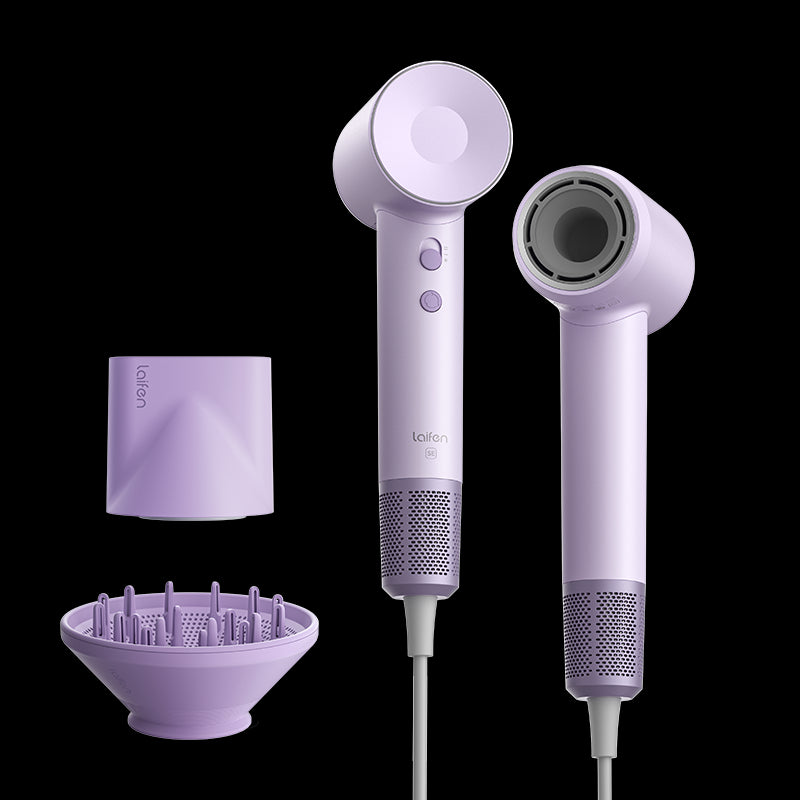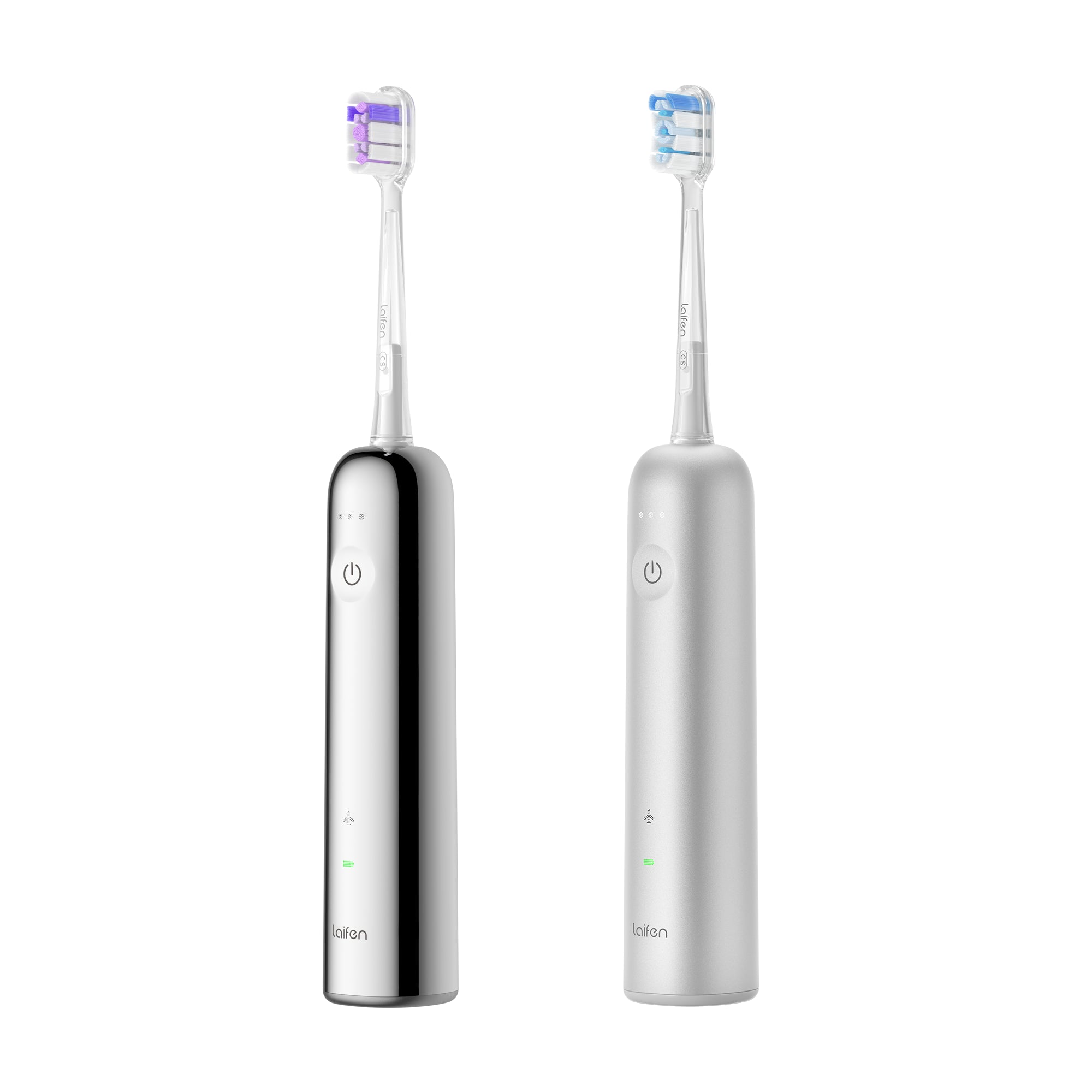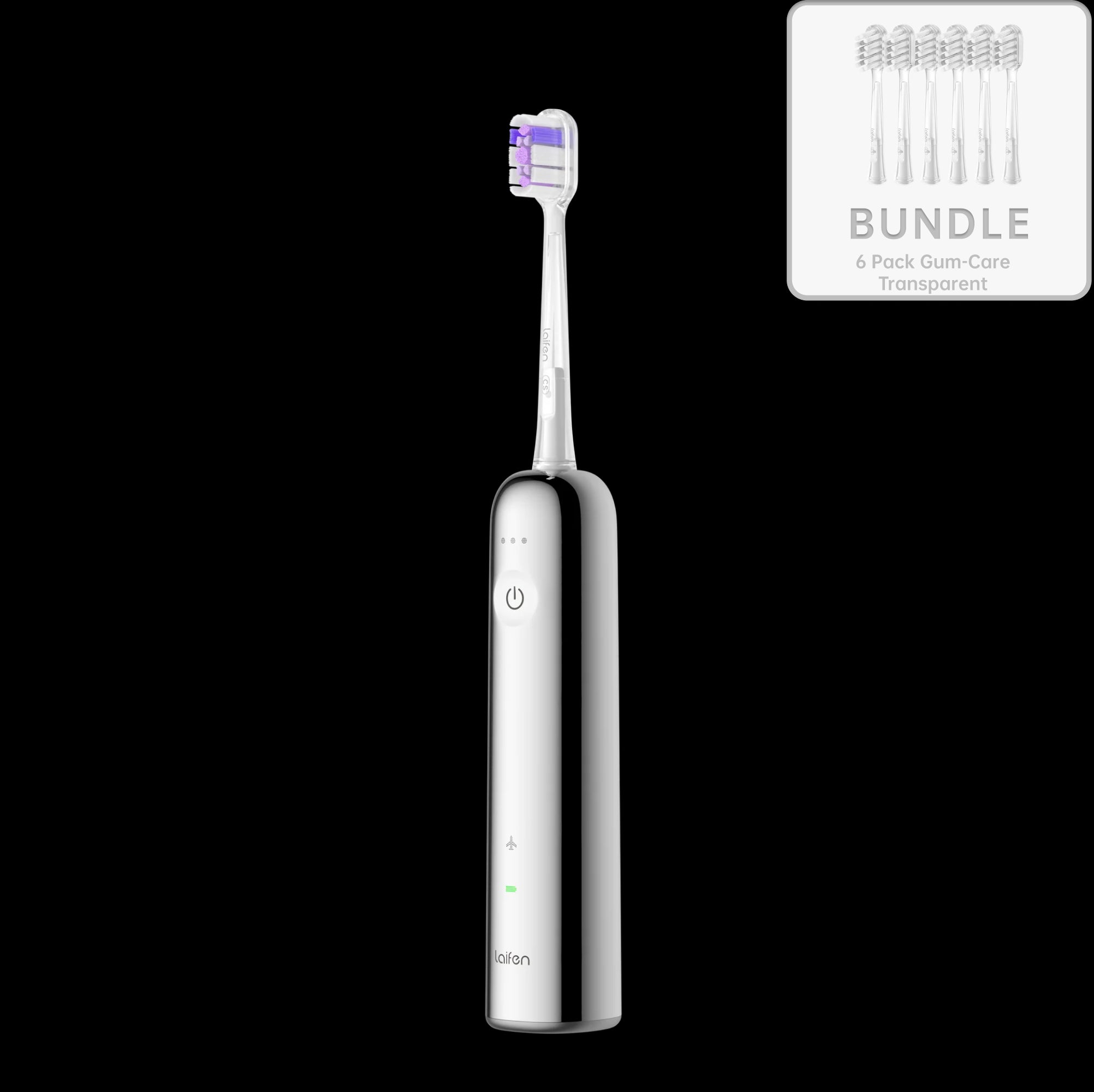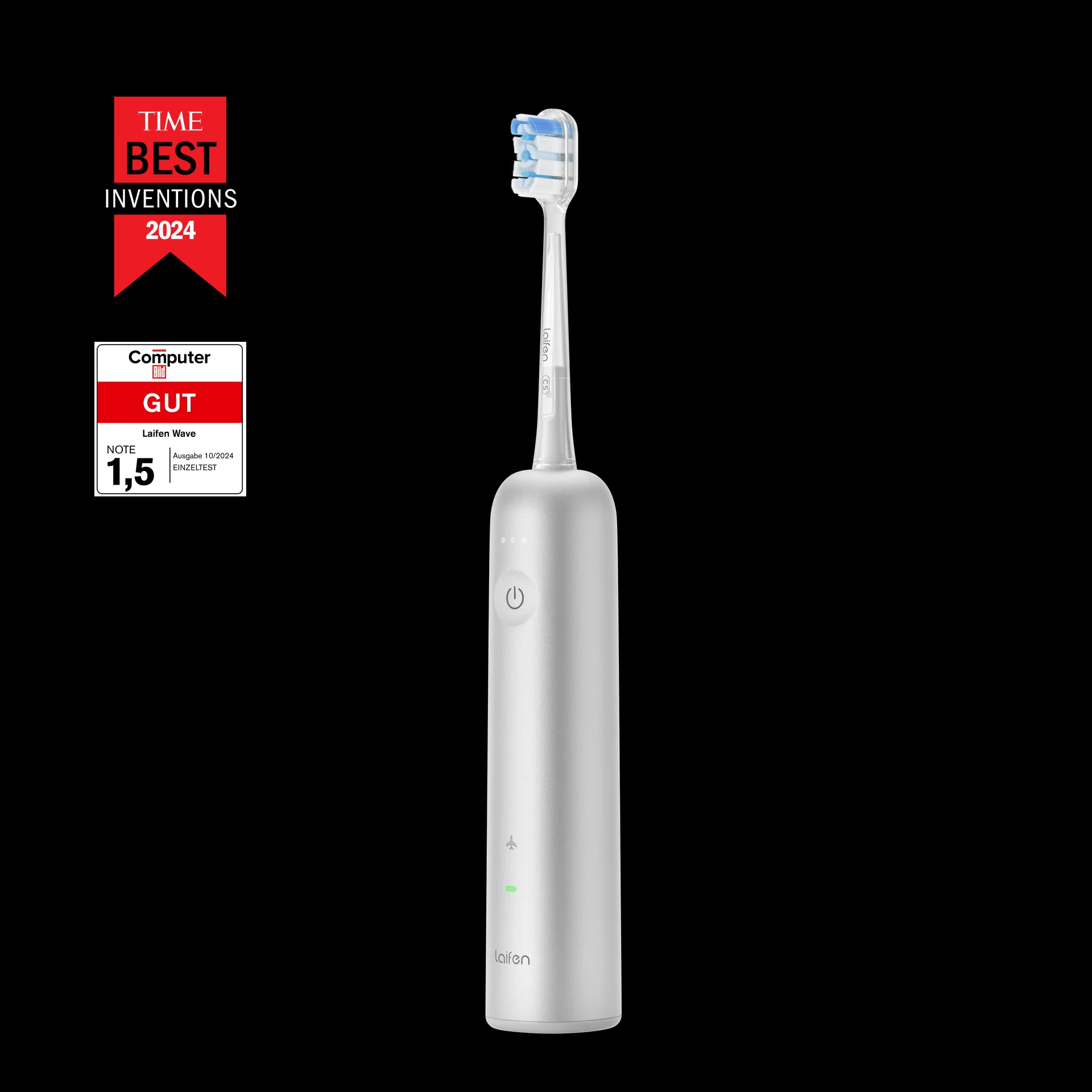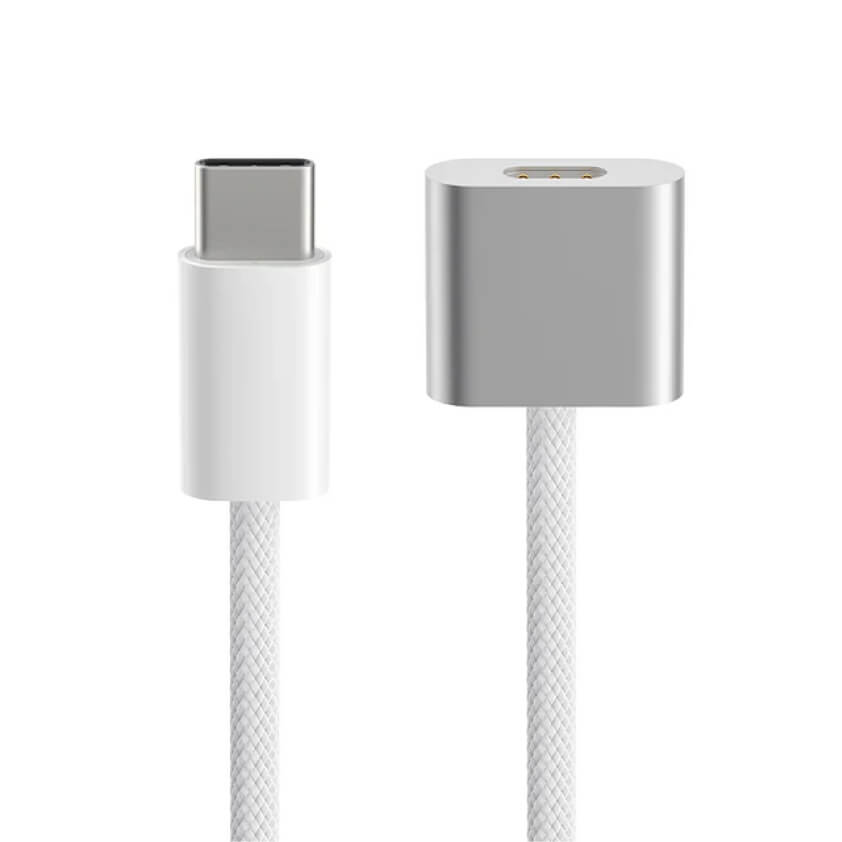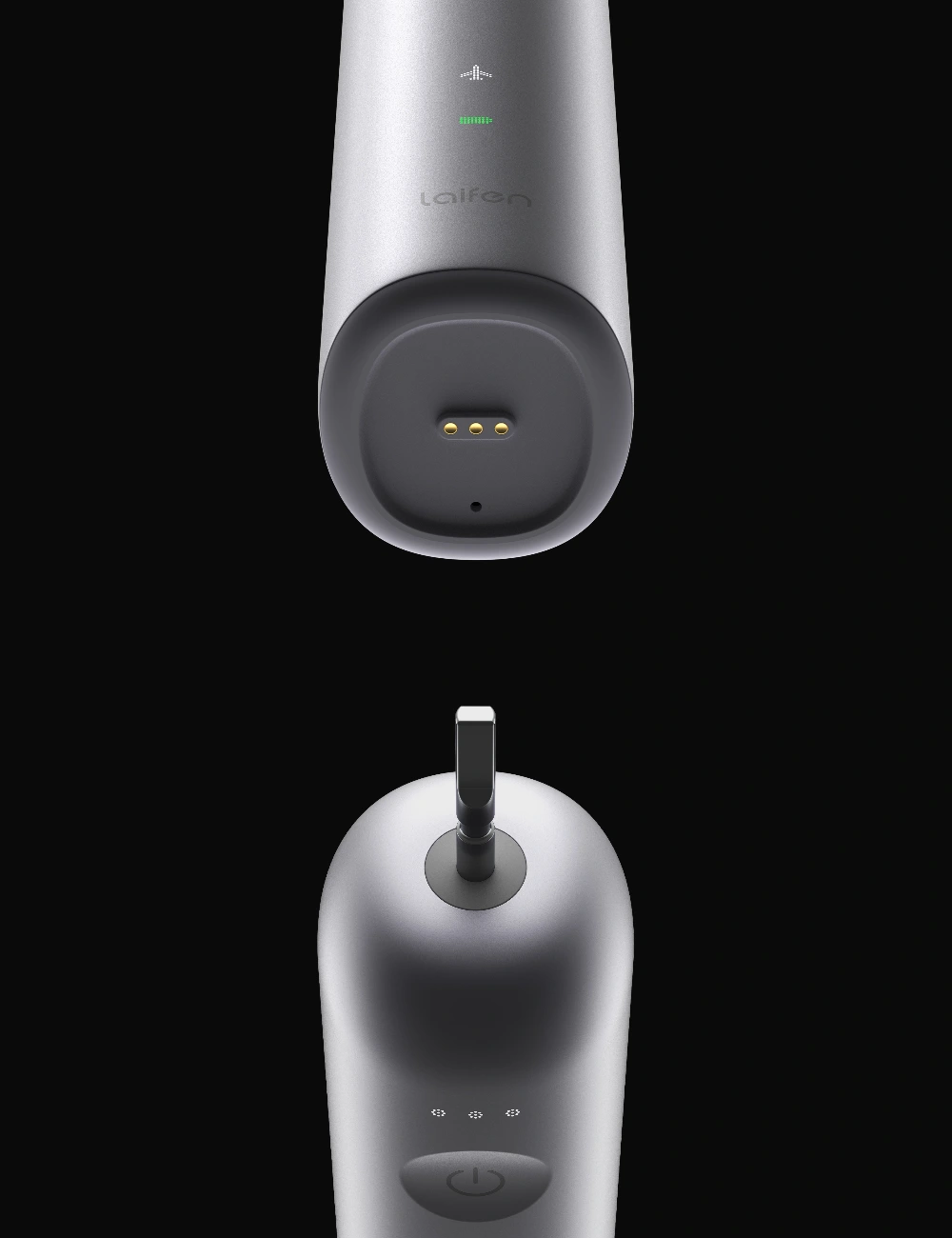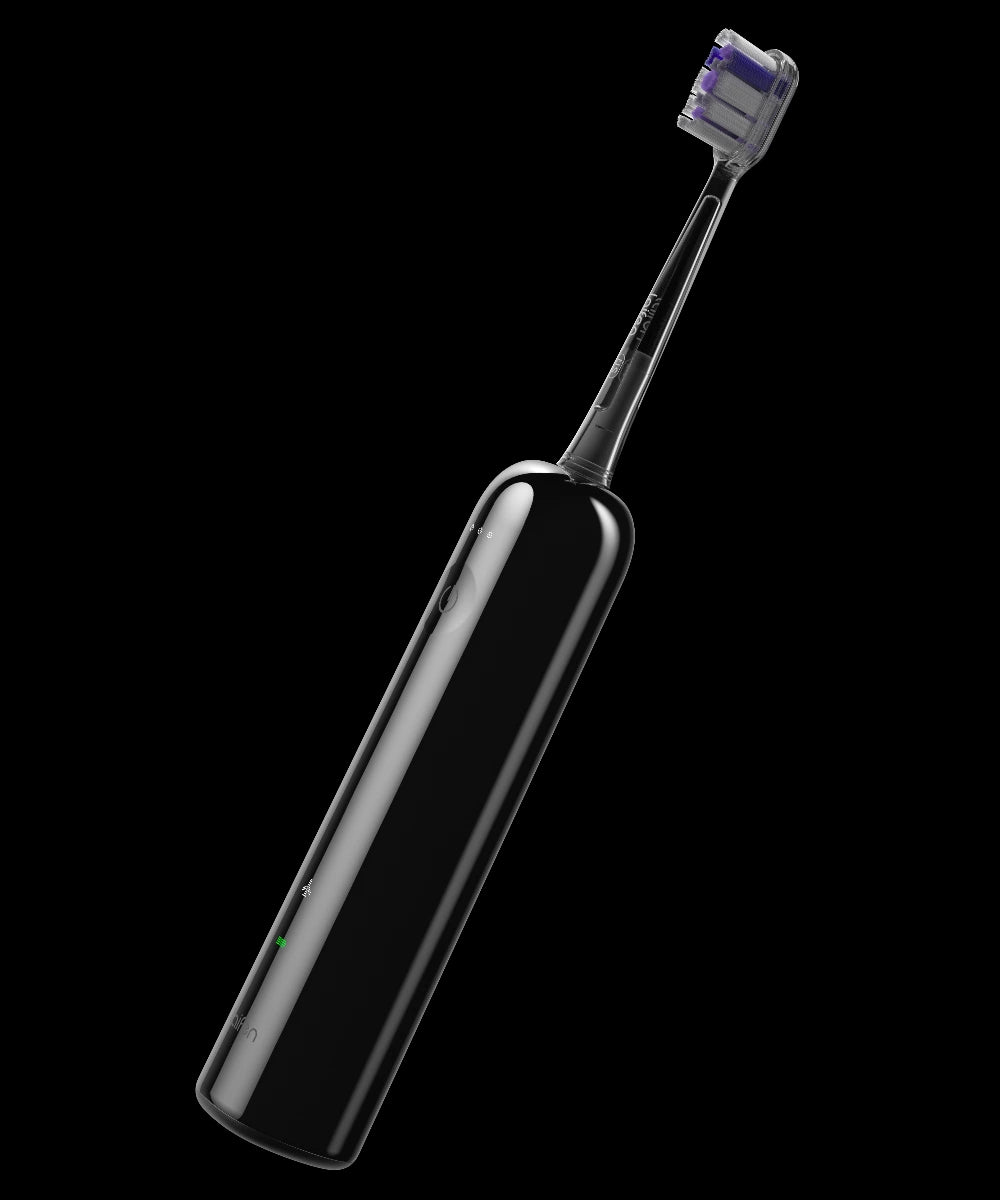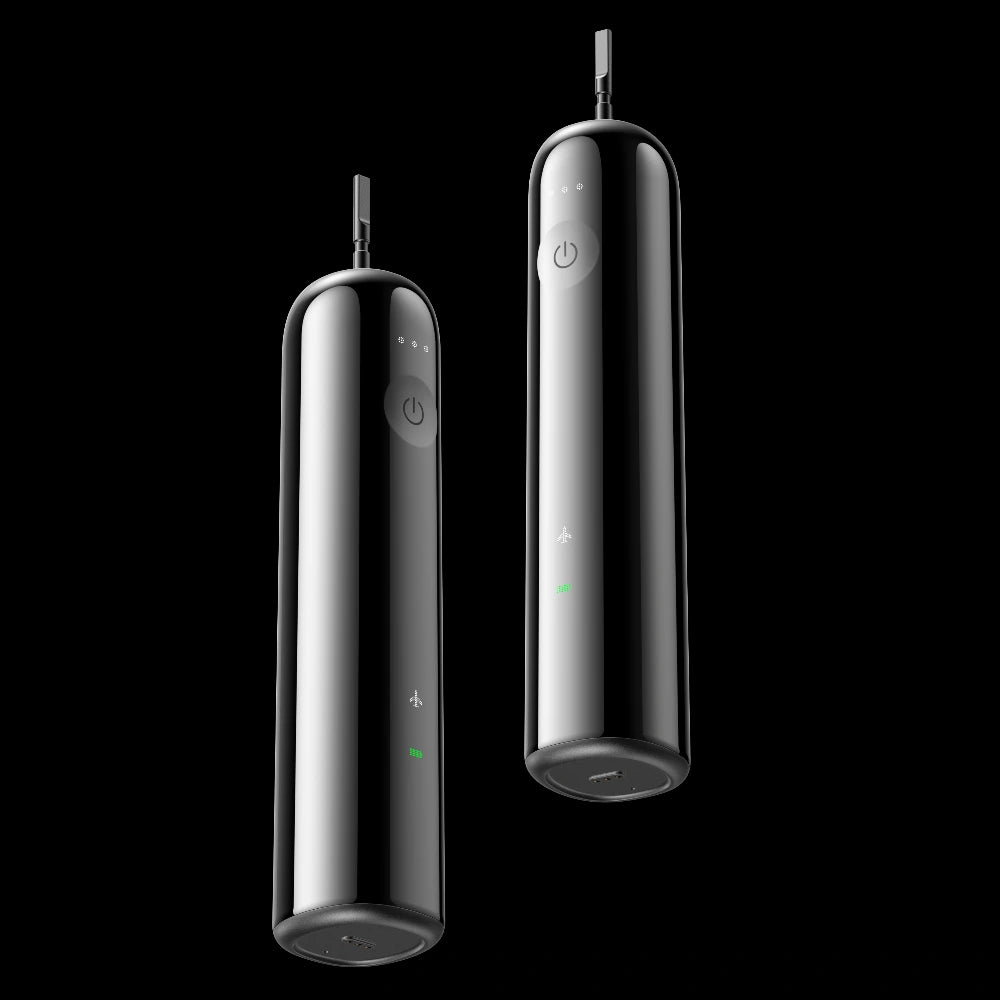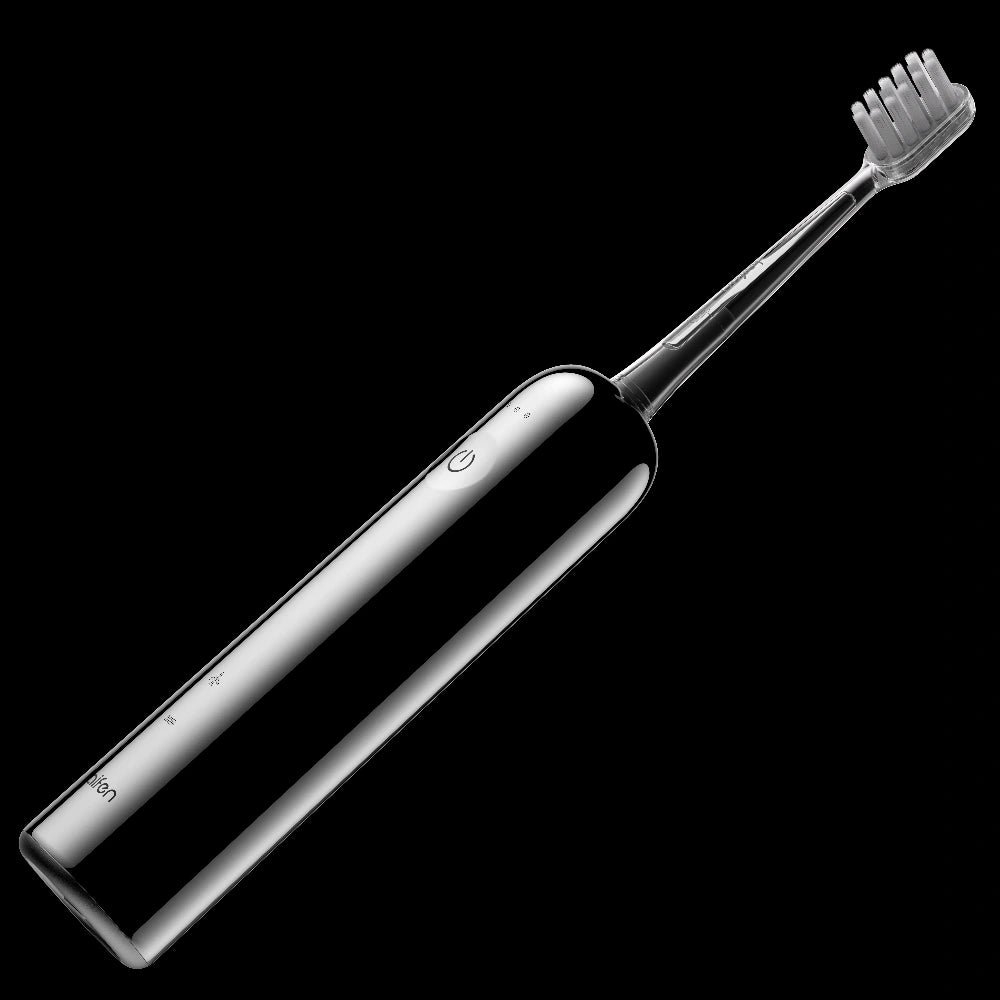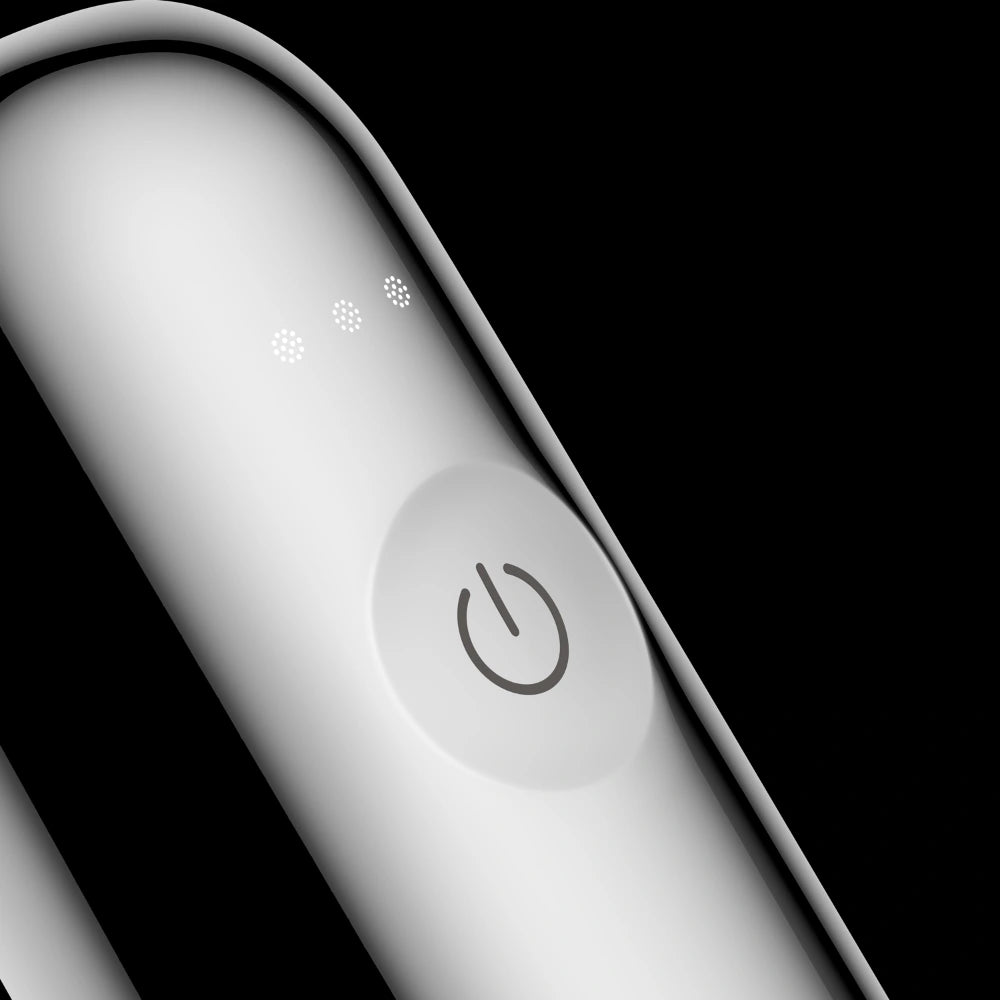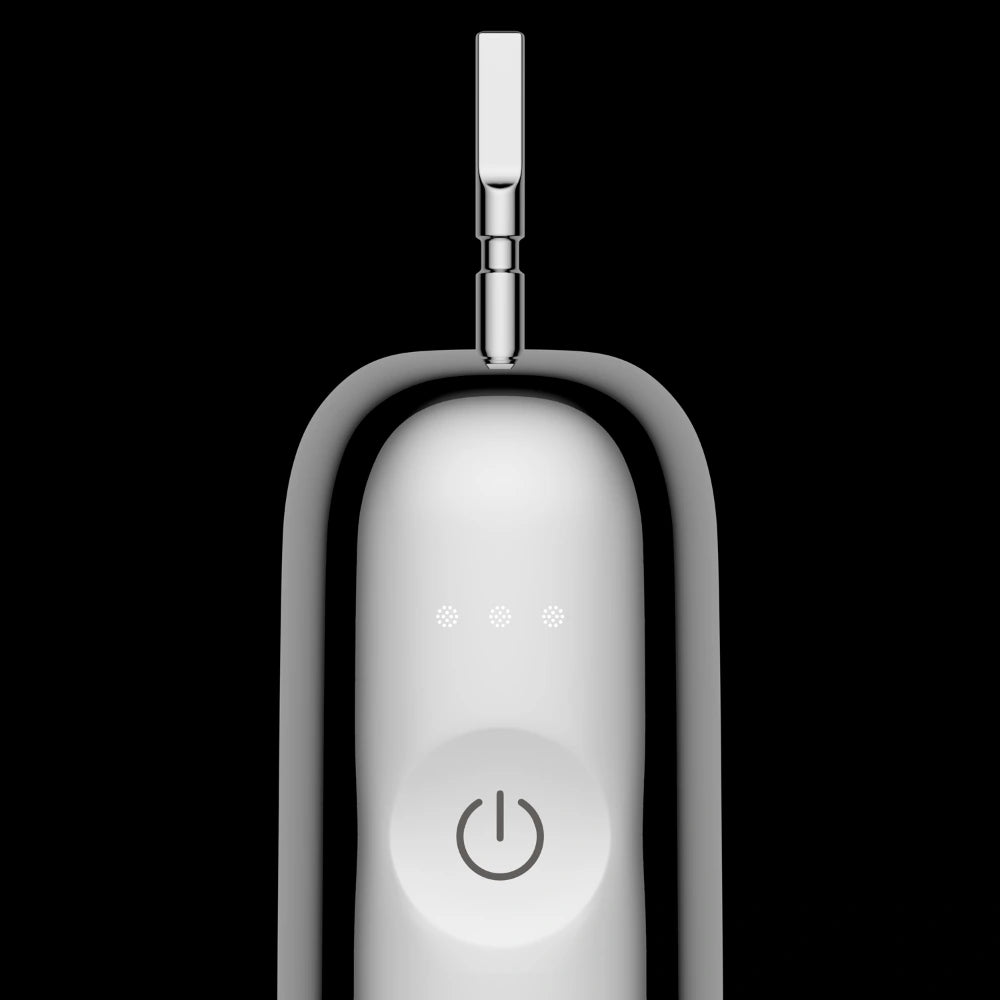
In this article
You might have heard that if your child sucks their thumb, there will be bad consequences for their teeth when they grow up. While there is some truth to this, the reality is that thumb sucking doesn't necessarily mean that your child will grow up with deformed or damaged teeth. In this article, we take a closer look at thumb sucking teeth effects and determine what, if anything, happens to teeth if a child sucks their thumb for long periods of time.
What happens to your teeth when you suck your thumb?
So, does thumb-sucking affect your teeth? Not necessarily. If your child sucks their thumb up to the age of 3 or 4, they're unlikely to cause permanent damage to their teeth or gums.
If their thumb sucking does cause problems, it is only likely to be a problem for their baby teeth. Often, this corrects itself when your child stops sucking their thumb, or at the very least the problem goes away when your child's adult teeth grow in.
However, if your child is slightly older and vigorously sucks their thumb throughout the day or night, it is more likely to have a negative impact on the formation of their adult teeth.
Rather than teeth misalignment, the biggest issue related to thumb sucking is that your child will be more exposed to dirt and bacteria, which can lead to infections.
But on the flip side, an interesting study found that children who suck their thumbs are less likely to experience allergic reactions to the likes of pollen later in life.
In other words, you don't need to panic if your child sucks their thumb at a young age. It's normal for kids to do this and it's not necessarily dangerous for their teeth and gums.
Some of the potential long-term impacts of thumb sucking on teeth
Though thumb sucking doesn't cause a problem for all kids, children who suck their thumbs vigorously from when they reach school age and beyond are more likely to experience issues.
This is because vigorously sucking on the thumb can add pressure to the teeth and jawbone and it can result in any of the following conditions:
-
Overbite or even underbite
-
Changes to the shape of the jaw and problems with teeth alignment
-
Sensitivity in the gums and on the roof of the mouth
If you can encourage your child to stop sucking their thumb when their permanent teeth start appearing, they are unlikely to experience any negative, long-term issues. Most kids stop sucking their thumbs themselves between the ages of 2 and 4, but if your child continues sucking their thumb beyond this and you are concerned, you can try some of the following steps to stop them.
How to stop your child from sucking their thumb?
Stopping your child from sucking their thumb isn't easy, particularly if they do it to comfort themselves. With that being said, some of the following strategies may work for you and your children:
Way 1. Explain why they should stop sucking their thumb
If your child is 4 or 5 and they still suck their thumb, you might be able to reason with them. Explain that their teeth could suffer as a result and that more trips to the dentist will be required if they continue the habit for much longer.
Way 2. Consider what causes your child to suck their thumb
There are numerous reasons why children suck their thumbs. Some kids do it before they sleep at night, while others do it when they're sad, anxious, or even hungry. Identifying what triggers your child's thumb-sucking habit is important and can help you encourage them to do other things instead.
Way 3. Use thumb shields
Some parents turn to thumb shields as a way of preventing their children from sucking their thumbs. These are available online and from some pharmacies and they're relatively inexpensive. Though some kids don't like them, they can be a great way to prevent your child from sucking their thumb, particularly at night.
Thumb sucking & teeth: The bottom line
If your child sucks their thumb, there's no need to panic. Lots of kids suck their thumbs for different reasons, and as long as they don't continue the habit when their adult teeth grow in, they shouldn't have any problems.
However, if you want to encourage your child to stop sucking their thumb, you can try any of the simple strategies introduced above. If you don't have any luck, speak to your dentist the next time you're there and ask for some other tips that could work for your kids.
FAQ
Q1: Can a child sucking their thumb deform teeth?
Not usually. If a young child sucks their thumb, they are likely to grow out of the habit by the time they get their adult teeth. The issue only comes if older children vigorously suck their thumbs, as this can cause alignment problems.
Q2: Does sucking your thumb cause buck teeth?
For most children, sucking the thumb doesn't necessarily lead to buck teeth. However, issues can arise if your child continues sucking their thumb beyond the age of 5.
Q3: What happens to teeth after thumb sucking?
If your child continues sucking their thumb beyond the age of 5, they might experience alignment issues or jaw problems. We recommend speaking to a dentist if you're concerned that your older child is still sucking their thumb.


